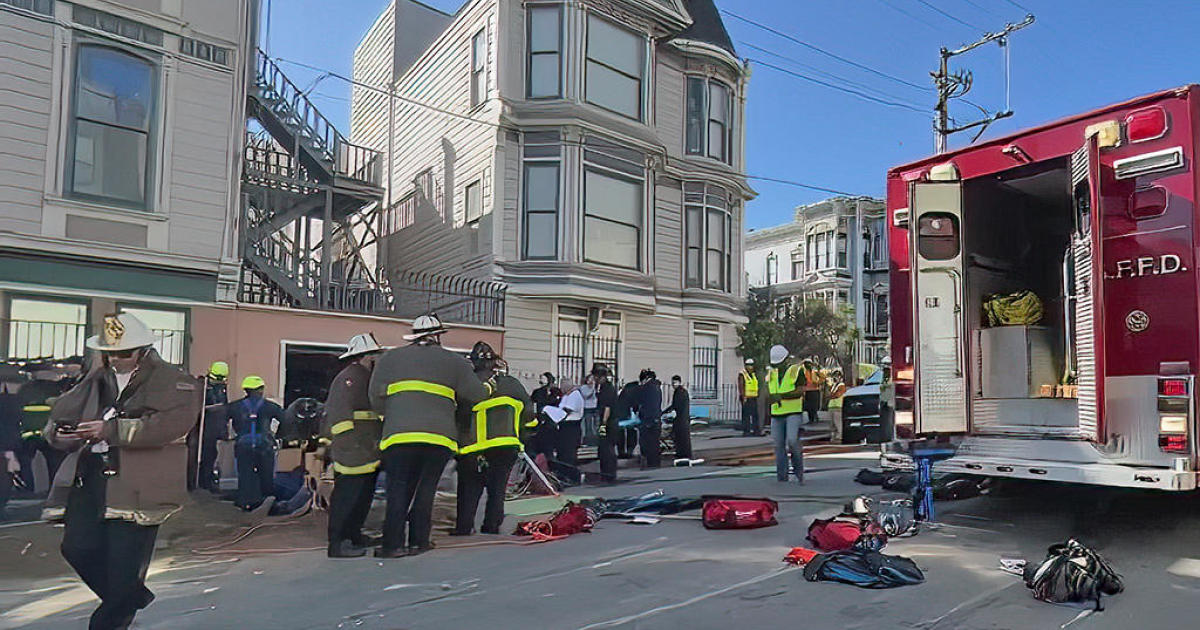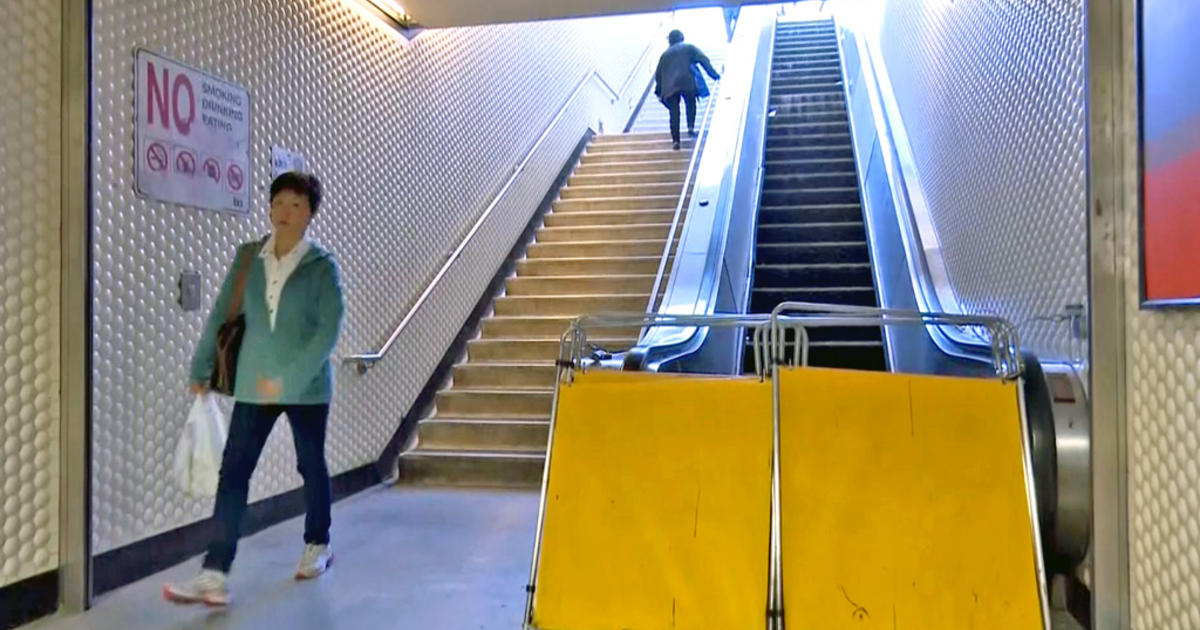Mumps Outbreak Reported On Cal Campus
BERKELEY (CBS SF) - Fever, headaches, muscle aches and fatigue. For members of the University of California at Berkeley community, these symptoms could spell more than a common cold—they could mean a case of the mumps.
The university community is experiencing an outbreak of the viral infection after several cases of mumps were confirmed in students last Thursday, campus health officials said.
On Tuesday, UC Berkeley's health services website posted an alert about the outbreak, encouraging all Cal students, faculty and staff—regardless of their vaccination history—to receive an additional dose of the measles, mumps, rubella vaccine, or MMR.
Most people receive two doses of MMR, with the first administered at 12 to 15 months of age and the second given any time at least four weeks after the first dose.
Mumps is spread by droplets of saliva or mucus originating from the mouth, nose or throat of an infected person.
"University Health Services and the City of Berkeley's Public Health Division are working closely with the California Department of Public Health to limit (the) spread of the disease," the alert read.
Members of the UC Berkeley community should review their vaccination history, and health officials recommend that people seek vaccination if they are not sure whether they have received two doses of MMR.
Officials also said that a third MMR dose may be helpful in stopping mumps outbreaks.
The cases confirmed last week involved students residing on the Clark-Kerr campus, which is about half a mile south of the main campus, and living in the Cloyne student cooperative on the north side of campus. A suspected case also involved a student residing in the Cheney Hall dormitory.
The number of confirmed cases was not provided in the alert.
Symptoms generally develop 16 to 18 days after exposure to the virus, but may manifest anywhere between 14 to 25 days after exposure, health officials said.
Those who may have been exposed to mumps should be alert for symptoms including fever, headache, muscle aches, fatigue and loss of appetite, as well as swollen or tender salivary glands under the ears, jaw or under the tongue—on one or both sides of the face.
Treatment involves getting plenty of rest and consuming fluids. Antibiotics, which are not effective against viruses, are not useful in treating mumps.
University health officials advice those who may be infected to stay home and contact a health care provider. UC Berkeley students or Tang Center patients may contact the nurse advice line at (510) 643-7197.
Calls to representatives from University Health Services and the City of Berkeley's Public Health Division seeking comment were not immediately returned Wednesday.
(Copyright 2011 by CBS San Francisco. All Rights Reserved. This material may not be published, broadcast, rewritten, or redistributed.)



